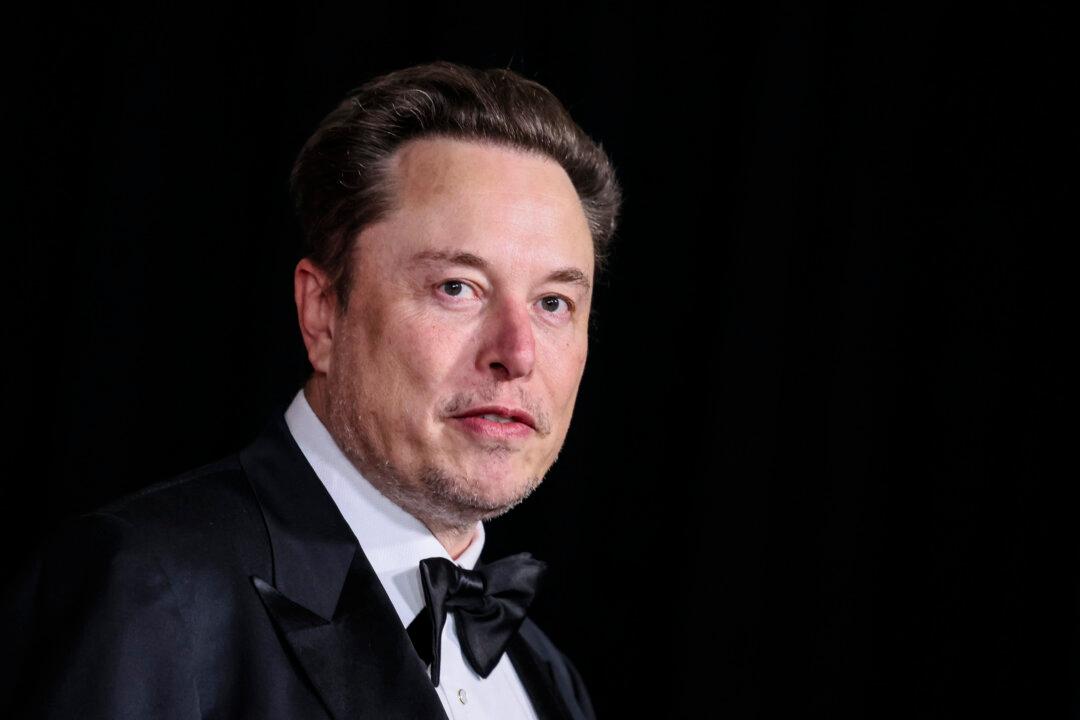Brazil’s Supreme Court has authorized the immediate reinstatement of the social media platform X in Brazil after the company met various legal requirements and complied with previous judicial orders.
The decision, issued on Oct. 8 by Supreme Court Justice Alexandre de Moraes, mandates that Brazil’s National Telecommunications Agency take all necessary steps to resume the platform’s operations across the South American country, where X has an estimated 20 million users.





